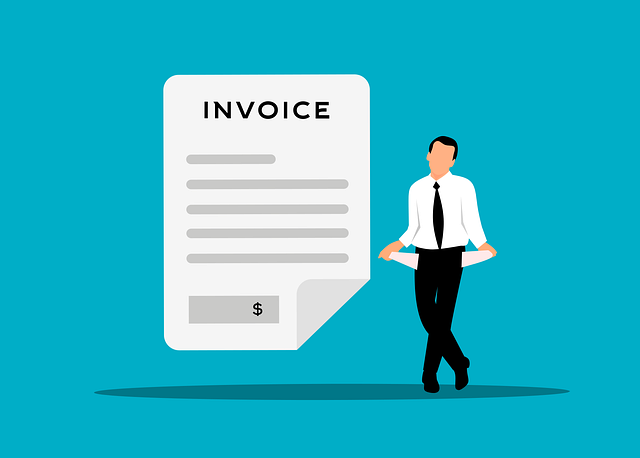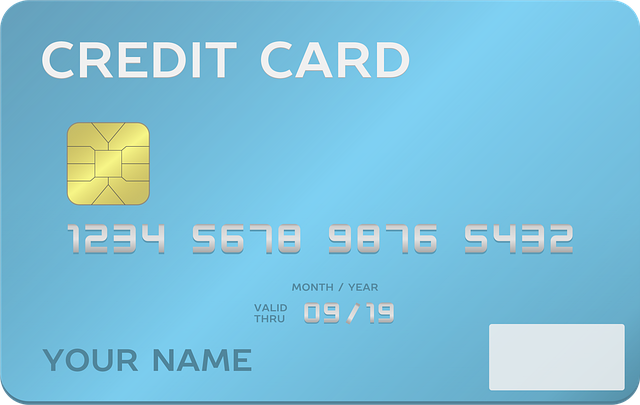Debt consolidation loans combine multiple debts with lower interest rates and simplified payments, saving money on administrative costs. To maximize benefits, UK borrowers should evaluate loan terms like rates, repayment periods, and fees. Extending repayment periods lowers monthly costs but increases total interest paid, while increasing monthly payments accelerates debt reduction. Balancing these factors demands assessing financial capabilities for a sustainable debt reduction plan, focusing on managing debt consolidation loans monthly payments.
Struggling with overwhelming debt? Discover effective solutions to manage your finances with minimal monthly payments. This guide explores powerful strategies, starting with understanding debt consolidation loans—a popular approach to simplify repayment. Learn how this method reduces payments and provides a clear path to financial freedom. We’ll navigate choosing the right loan type, implementing repayment strategies, and utilizing available tools to take control of your debt.
- Understanding Debt Consolidation Loans
- How Debt Consolidation Reduces Payments
- Choosing the Right Loan Type for You
- Strategies to Minimize Monthly Outlays
- Building a Sustainable Repayment Plan
- Tools and Resources for Effective Management
Understanding Debt Consolidation Loans

Debt consolidation loans offer a strategic approach to managing multiple debts by combining them into one loan with a single, typically lower, interest rate and monthly payment. This can significantly simplify financial management by reducing the administrative burden of tracking multiple payments. When considering debt consolidation loans, it’s crucial to evaluate the terms and conditions, including interest rates, repayment periods, and any associated fees. Opting for the best debt consolidation loan options available in the UK, even with bad credit, can help individuals gain control over their finances and work towards reducing their debt more efficiently.
Understanding how to reduce debt loan payments is essential for successful debt management through consolidation. One effective strategy involves extending the repayment period, which lowers monthly payments but increases the total cost of interest paid over time. Alternatively, increasing the amount of the monthly payment can accelerate debt reduction while keeping interest costs relatively stable. Balancing these factors requires careful planning and assessment of one’s financial capabilities to ensure a sustainable debt reduction plan.
How Debt Consolidation Reduces Payments

Debt consolidation loans offer a strategic approach to managing multiple debts by combining them into a single, more manageable loan. This process simplifies repayment by reducing the number of payments needed each month, thereby lowering monthly debt payments. Instead of making several minimum payments across various creditors, borrowers make just one payment to a single lender at a agreed-upon interest rate and term. This consolidation not only streamlines financial obligations but can also result in significant savings on interest charges over time.
How does debt consolidation work in terms of reducing payments? By securing a new loan with a lower interest rate than the combined rates of the existing debts, borrowers can free up cash flow. This allows for more affordable monthly payments and faster repayment, ultimately freeing individuals from the burden of multiple debt payments and enabling them to regain financial control. A home equity loan for debt consolidation is one popular option, leveraging the equity in a borrower’s property to secure the new loan.
Choosing the Right Loan Type for You

When considering solutions for managing debt with minimal monthly payments, choosing the right loan type is a crucial step. Debt consolidation loans offer a strategic approach to repaying multiple debts by combining them into a single loan with potentially lower interest rates and more manageable terms. This not only simplifies your repayment process but can also save you money in the long term on interest expenses.
Before settling on any debt consolidation deal, take time to research and read reviews for various services. Finding the best debt consolidation deal involves evaluating factors like interest rates, loan terms, fees, and customer satisfaction ratings. Long-term debt management through consolidation requires a thorough understanding of your financial situation and a commitment to adhering to the new repayment plan. Reading reviews helps ensure you make an informed decision that aligns with your needs and preferences.
Strategies to Minimize Monthly Outlays

When it comes to managing debt with minimal monthly payments, strategic approaches can significantly reduce financial burden. One powerful tool is debt consolidation loans. By consolidating multiple debts into a single loan, individuals can say goodbye to numerous payment obligations. This streamlined approach not only simplifies budgeting but also often leads to lower interest rates, as the consolidated loan typically has a fixed rate. As a result, borrowers spend less on interest over time.
Additionally, focusing on high-interest debt with consolidation is a smart move. High-interest debts are often the most detrimental to overall financial health due to the exponential growth of principal. A debt consolidation loan allows for the prioritization of paying off these expensive debts first, leading to quicker reduction in overall debt and ultimately providing much-needed debt relief through consolidation loans. This strategic repayment plan can free up funds, making it easier to stick to a manageable monthly payment schedule.
Building a Sustainable Repayment Plan

Creating a sustainable repayment plan is a crucial step in managing and eventually eradicating debt. One effective strategy to achieve this is through debt consolidation loans, which bundle multiple high-interest debts into a single loan with a lower interest rate. By doing so, you not only simplify your monthly payments but also reduce the overall cost of borrowing. This approach allows for more manageable payments, making it easier to stay on track and avoid missed deadlines.
When considering debt consolidation advice for beginners, utilizing a debt consolidation calculator online can provide valuable insights. These tools help individuals assess their current financial situation, calculate potential savings, and estimate new monthly payments. With this information in hand, borrowers can make informed decisions about consolidating their debts, ensuring they choose the best option for their specific circumstances and fix high-interest debt effectively.
Tools and Resources for Effective Management

Managing debt effectively often requires strategic tools and resources to navigate the process efficiently. One powerful solution is debt consolidation loans, which can simplify your repayment journey by combining multiple debts into a single loan with potentially lower interest rates and more manageable monthly payments. Understanding debt consolidation repayment plans is key; these plans are tailored to fit your financial situation, allowing you to pay off the loan over an extended period.
When considering this route, it’s crucial to choose the right debt consolidation lender. Researching reputable lenders and comparing interest rates, terms, and fees will ensure a favorable borrowing experience. Additionally, understanding what a debt consolidation loan payment entails will give you peace of mind and help you create a realistic budget. This proactive approach can significantly reduce your financial burden, allowing for better control over your finances.
Debt consolidation offers a viable path towards financial freedom by streamlining multiple debts into one manageable loan with potentially lower, more affordable monthly payments. By understanding various loan types, adopting strategic repayment plans, and utilizing available tools, individuals can take control of their finances and effectively manage their debt load. Debt consolidation loans provide a structured approach to paying off debt, enabling folks to focus on rebuilding their financial future without the constant burden of multiple monthly installments.
